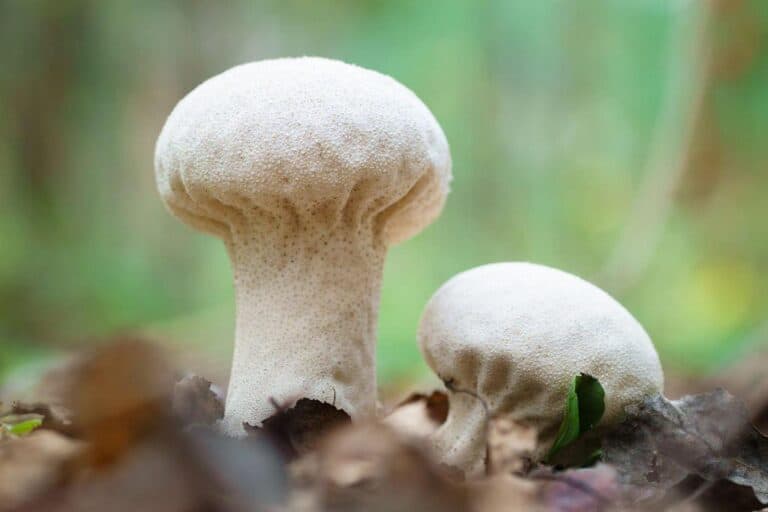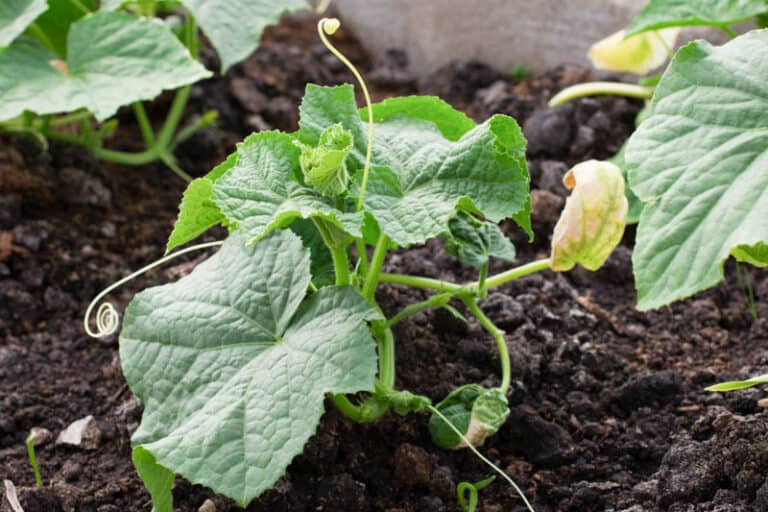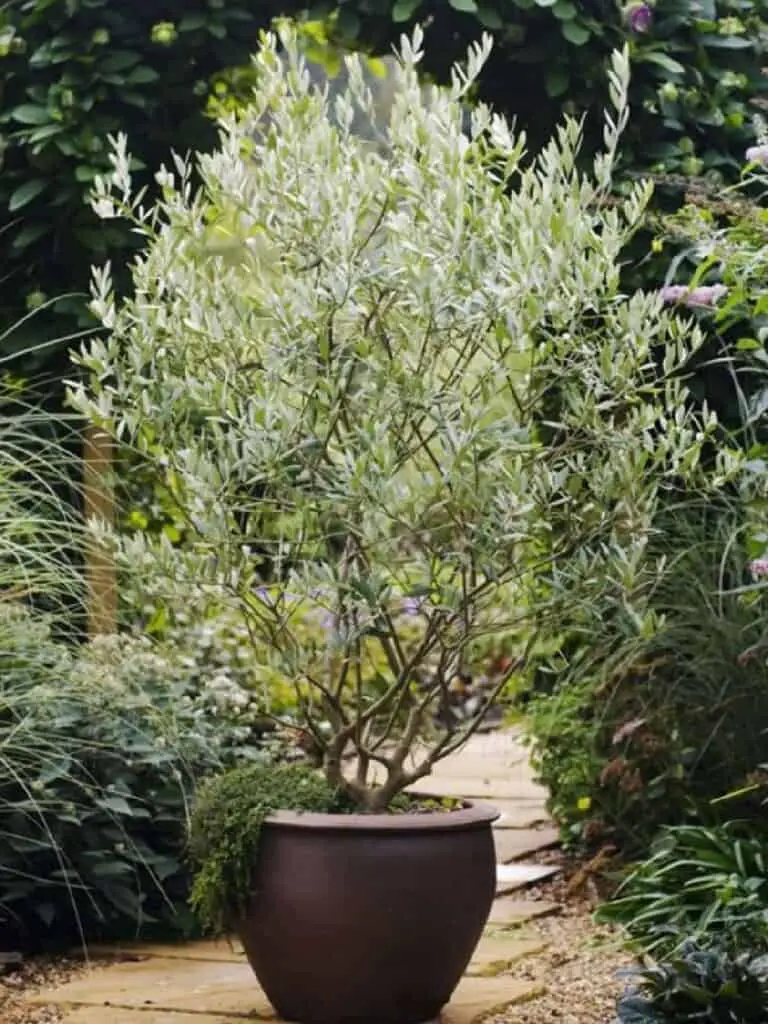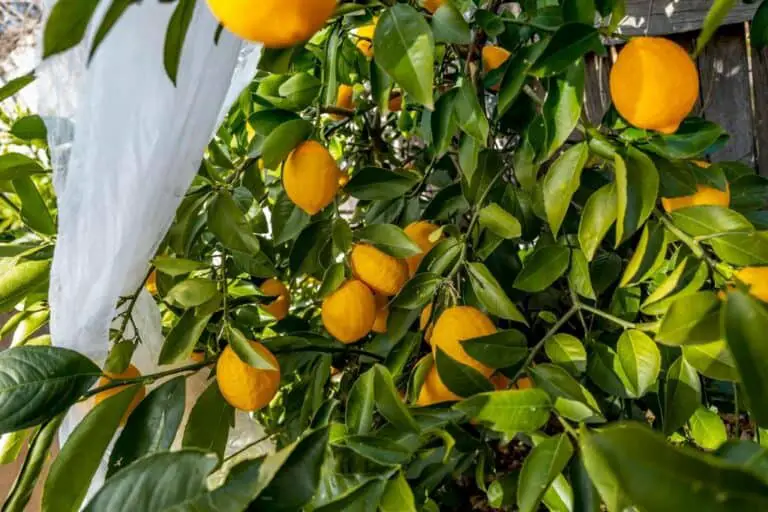Zucchini Acorn Squash Hybrid: Can You Pollinate Zucchini With Squash?
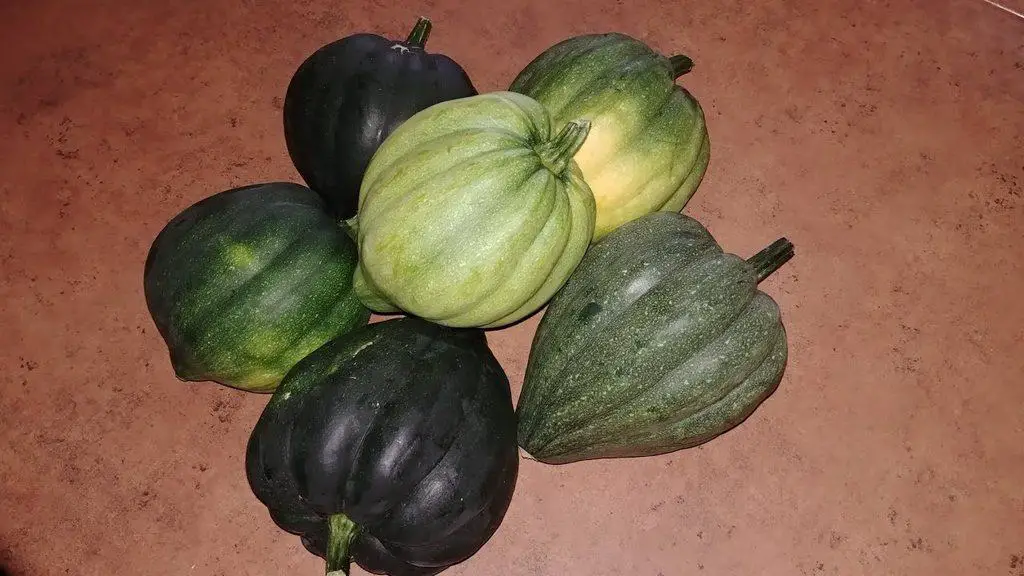
Have you ever wondered if you can combine the best traits of two different vegetables to create a whole new variety? Cross-pollination, the process of transferring pollen from one plant to another, allows us to experiment with nature’s building blocks and potentially create exciting hybrids.
In this article, we will explore the possibility of cross-pollinating zucchini with acorn squash, aiming to unlock a delightful combination of flavors and textures in a zucchini-acorn squash hybrid.
The prospect of creating a zucchini-acorn squash hybrid holds tremendous potential for both home gardeners and commercial growers. Imagine enjoying the robust yet delicate taste of an acorn squash in the familiar shape and versatility of a zucchini. This new variety could add delightful dimensions to cooking possibilities while introducing unique nutritional benefits as well.
If the concept has caught your attention but you are unsure of how cross-pollination works or whether it is even possible between these two plants, do not worry! In this article, we will delve into all the fascinating details and guide you step-by-step through the pollination process required to create your very own zucchini-acorn squash hybrid.
So read on as we unravel the mysteries behind combining these beloved vegetables and dive into an exciting world where nature meets innovation!
Hybrid Plant between Zucchini and Acorn Squash
When we think of gardens and fresh produce, the world of hybrid plants opens up intriguing possibilities. In the realm of vegetables, the marriage of different species to create a new one—known as hybridization—has sparked curiosity.
The Origins of Crossbreeding
Before we unravel the mysteries of pollination, let’s take a moment to appreciate the art and science of crossbreeding. Hybrid vegetables are born from the intentional mixing of pollen from one plant with the stigma of another.
In the case of the Zucchini Acorn Squash Hybrid, the marriage of zucchini and acorn squash genetics results in a delightful and versatile culinary gem.
Characteristics of the Hybrid
Hybrids, in the context of plants, are the result of cross-pollination between two different but related species. The Zucchini Acorn Squash Hybrid inherits traits from both parent plants. Picture the slender elegance of zucchini merging with the sweet, nutty flavor of acorn squash. This culinary union not only enhances visual appeal but also broadens the scope of recipes you can create in your kitchen.
Understanding Cross-Pollination between Zucchini Acorn Squash
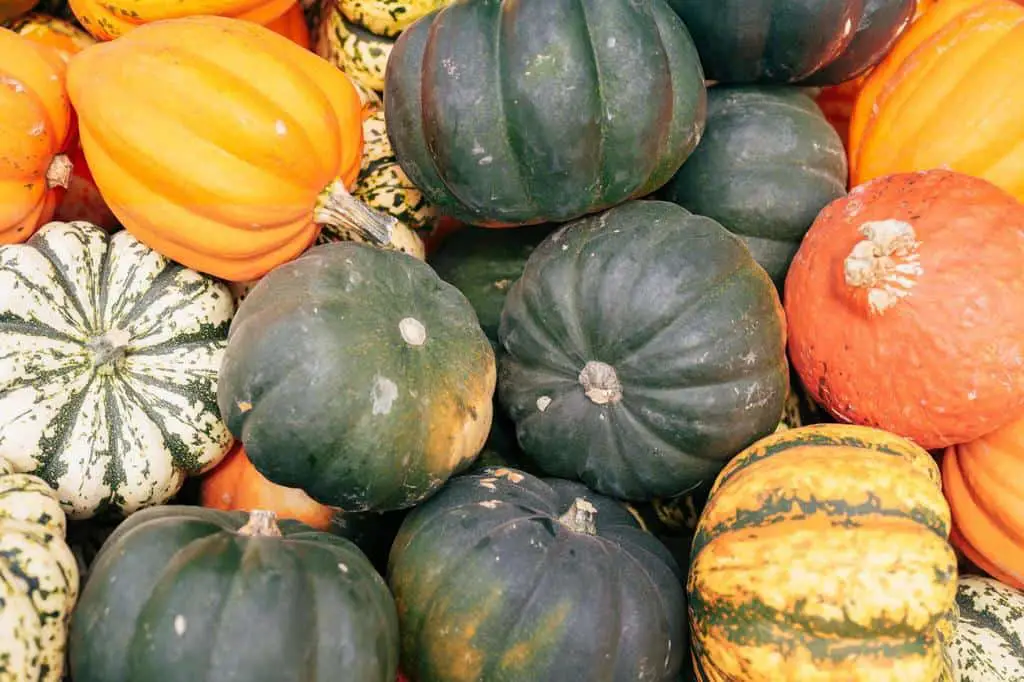
Cross-pollination is a natural process where the pollen from one plant is transferred to the female reproductive organs of another plant. This transfer usually occurs with the help of wind, insects, birds, or other animals. The purpose of cross-pollination is to promote genetic diversity and create offspring that possess advantageous traits.
While some plants can be successfully crossed, others are more resistant to cross-breeding due to their genetic makeup or anatomical differences. Incompatible plants often have different flowering times, flower structures that prevent foreign pollens from reaching the ovaries, or mechanisms in place to favor self-pollination.
For example, zucchini and acorn squash belong to two distinct species within the Cucurbitaceae family. Their flowers have different shapes and sizes, which can impact successful fertilization.
Now it is possible for breeders to explore intriguing combinations, such as a zucchini acorn squash hybrid. Through careful observation and manipulation techniques like hand-pollination using brushes or cotton swabs for controlled transfer of pollen grains across flowers
Zucchini and acorn squash may belong to the same plant species, Cucurbita pepo, but they have distinct differences that make them easily identifiable. One notable difference lies in their overall shape and size: zucchinis are typically long and cylindrical, while acorn squashes are round or oval with deep ridges.
These variations can be attributed to different cultivars within the species.
Moreover, zucchini flowers tend to be more open and visible compared to acorn squash flowers. Zucchini plants produce both male and female flowers on the same plant, with male flowers appearing earlier than their female counterparts.
Process of Cross-Pollinating Zucchini with Acorn Squash
Yes, zucchini can be pollinated with squash. Cross-pollination between zucchini and acorn squash can be an exciting experiment for avid gardeners looking to create new hybrid varieties.
While they belong to the same family, Cucurbitaceae, cross-pollination does not occur naturally between these two specific vegetables. However, with a little intervention, it is possible to manually pollinate them and achieve successful results.
To perform manual cross-pollination between zucchini and acorn squash, follow these step-by-step instructions:
1. Identify healthy male flowers: Male flowers are typically abundant in both zucchini and acorn squash plants. Look for fully developed flower buds that have not yet opened.
2. Prepare female flowers: Female flowers are recognizable by their small fruit attached at the base of the flower petals. Cover the unopened female flowers with a breathable bag or mesh net before they bloom to prevent any unwanted natural pollination.
3. Collect pollen from male flowers: Once you have identified a healthy male flower, gently remove its petals using clean tweezers or your fingers (ensure your hands are free from any foreign substances that could contaminate the process). Carefully collect pollen grains present on the stamens of the male flower.
4. Pollinate female flowers with collected pollen: Untie or unzip the bag covering one of the prepared female flowers without removing it completely from its position on the plant stem. Dust some of the collected pollen onto several stigma points within that same flowering period.
5. Re-cover fertilized female flowers: After successfully transferring pollen onto multiple stigma points in a single female flower, reseal or zip up its protective bag immediately to avoid accidental contamination during further visits by insects or wind-driven particles.
Remember that timing is crucial when attempting cross-pollination. You should try performing this process early in the morning, when temperatures are cooler. The success rates are better at higher temperatures, which can affect the viability of pollen.
Additionally, keeping zucchini and acorn squash plants well-isolated from other cucurbit varieties is essential to prevent unintended cross-pollination.
Factors Affecting Hybridization Success
Hybridizing zucchini and acorn squash can be an exciting experiment for gardeners looking to create unique, flavorful varieties. However, the success of this cross-pollination endeavor depends on several factors that must be considered.
One important factor is temperature conditions. Both zucchini and acorn squash thrive in warm weather, so it’s crucial to ensure that they are grown in compatible climates during the pollination period. Temperatures below 60°F (15°C) or above 85°F (29°C) can hinder pollen viability and reduce the chances of successful hybridization.
Another critical factor is pollen viability. Pollen from one plant needs to successfully fertilize the flowers of another plant to initiate hybridization. To get the best results, use a small brush or cotton swab to get fresh pollen from healthy male flowers before they fully open and then move it to female flowers that are ready to receive it. It’s essential to note that old or stale pollen may have reduced viability and lower odds of successful pollination.
Related: How Many Acorn Squash Per Plant?
Challenges and Expected Outcomes
Cross-pollination experiments between zucchini and acorn squash may sound exciting. Take note of the potential challenges that may arise during the process.
One significant challenge is ensuring successful pollination between these two plant species. Zucchini and acorn squash belong to different species within the same genus (Cucurbita), which means they have some genetic barriers for natural pollination.
To overcome this, gardeners often resort to hand-pollination techniques, transferring pollen from the male flower of one plant onto the female flower of another. However, even with meticulous efforts, there is no guarantee of successful fertilization every time.
The likelihood of obtaining viable seeds for a zucchini acorn squash hybrid can vary depending on factors like environmental conditions and the compatibility of parent plants.
Considering these challenges, it’s essential to temper expectations when attempting this experiment. While skilled breeders and horticulturists have successfully crossed zucchini and acorn squash in the past, it is not certain that every attempt will produce desirable results or a uniform hybrid variety.
Some possible outcomes could include variations in color – resulting in interesting new shades -, shape modifications where characteristics from both parents are evident in varying degrees, or flavor profiles unique to the hybrid variety itself.
By acknowledging these potential setbacks upfront and embracing them as inherent aspects of experimentation and innovation in gardening, you can approach your cross-pollination project with realistic expectations while still leaving room for delightful surprises along the way.
Caring for Hybrid Seeds and Plants:
Once you have successfully pollinated your zucchini with acorn squash and created a hybrid variety, it is important to provide the right care to ensure their healthy development. Here are some guidelines on caring for hybrid seeds and plants:
1. Protect the seeds: After pollination, it is essential to protect the developing seeds from any potential cross-pollination by other nearby varieties. You can do this by covering the female flowers with a small bag or mesh netting until they have fully developed into mature seeds.
2. Optimal Growing Conditions: Just like regular zucchini and acorn squash, hybrids thrive in warm climates with full sun exposure. They require well-draining soil enriched with organic matter and adequate moisture levels for optimal growth.
3. Regular Watering: Hybrids typically benefit from consistent watering, ensuring that the soil remains consistently moist but not waterlogged. As they grow, monitor moisture levels closely, especially during dry spells or hotter months when additional watering may be necessary.
4. Nutrient Requirements: Throughout their growing season, hybrids will benefit from regular fertilization using balanced organic fertilizer or composted manure mixed into the soil around their base.
5. Pruning Guide: Proper pruning helps maintain plant health and productivity by improving air circulation, reducing disease risk, and focusing energy towards fruit production. Remove any damaged or dead leaves as well as excess vines that divert nutrients from fruit development.
Conclusion
In conclusion, creating a zucchini acorn squash hybrid through cross-pollination is indeed possible. By harnessing the natural process of pollination and carefully controlling the breeding process, gardeners can experiment with creating new and unique plant varieties.
While not all cross-pollination attempts will be successful, it’s important to approach this endeavor with curiosity and an open mind.
With careful planning and attention to detail, who knows what exciting new vegetable varieties could be waiting to be discovered in your very own backyard? So go ahead, grab your gardening gloves, and embark on this fascinating journey of cross-pollination experimentation. Happy gardening!

